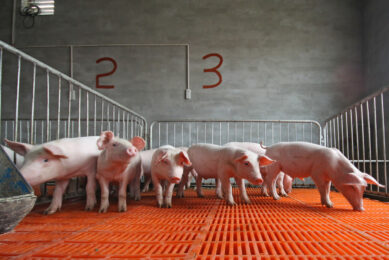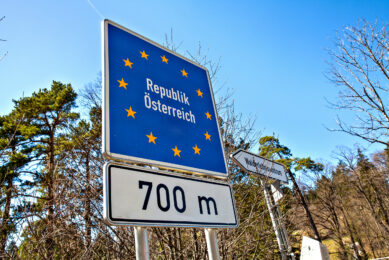Russia wants answers from EU over dioxin scandal
Russian Health officials are urging the European Union to supply information over the type of dioxin that contaminated German animal feed in the recent scandal, the amount of meat affected and destroyed, and in addition to this, officials are also asking for guarantees from the EU that tainted products have been destroyed.
It was reported previously that the North German company Harles & Jentzsch manufactured fat components for the compound feed industry. It was with this company that the dioxin contamination was discovered.
The dioxin is believed to have stemmed from feed contaminated with industrial fats. Authorities believe these fats were substituted for vegetable fats at some point in the tainted feed’s manufacturing process.
Russian officials say that knowing what type of dioxin caused the contamination would improve controls on imported food.
Russian and European officials holding talks
Gennady Onishchenko, Russia’s public-health chief, has held talks with the European Commission’s director-general for health and consumers concerning the issues. While Russian and German agricultural regulators are scheduled to meet today for talks about delivery controls of German pork and poultry to Russia.
“One of the topics that is under discussion with the European Union is opportunities for re-export schemes, when this German meat may suddenly appear in a third country, be relabeled and arrive to our country,” Onishchenko said.
Dioxins, a byproduct of chemical manufacturing, are possible cancer-causing substances and associated with hormonal, reproductive and immune- system illnesses.
Also read:
Source: Bloomberg.com











